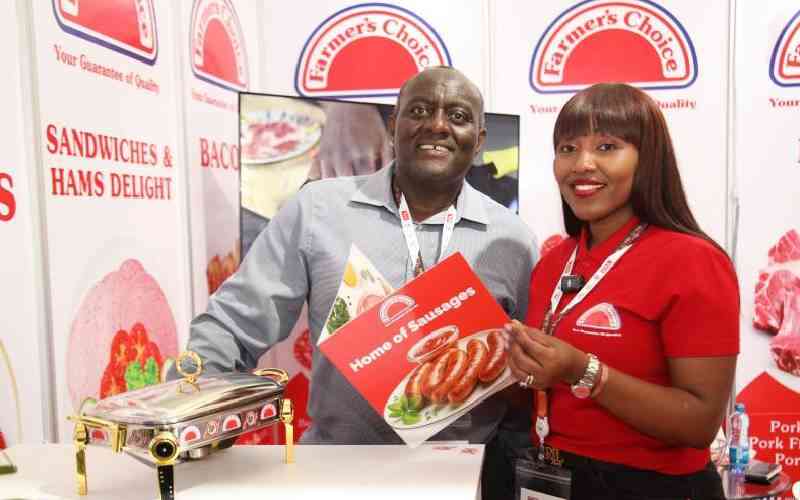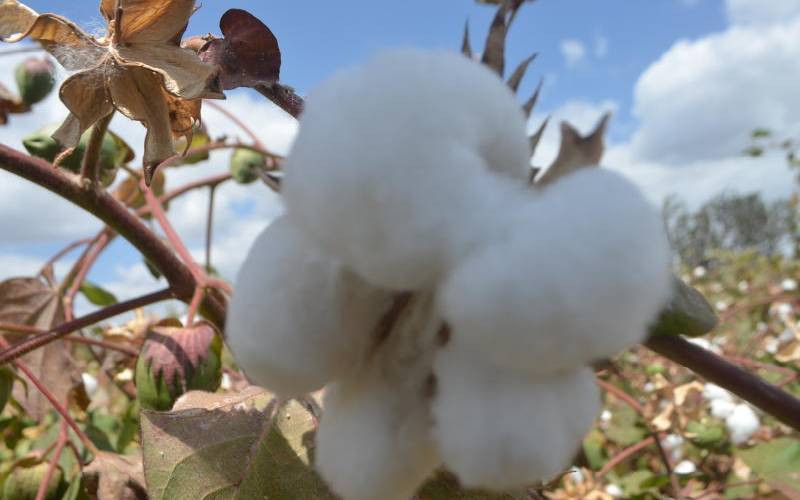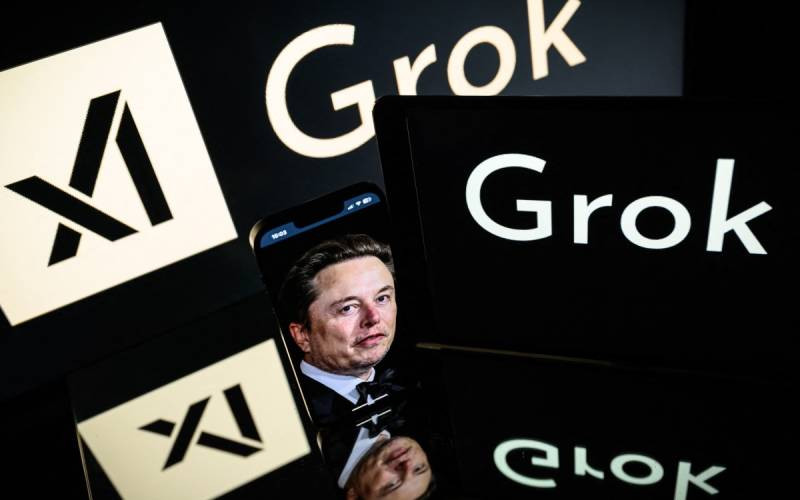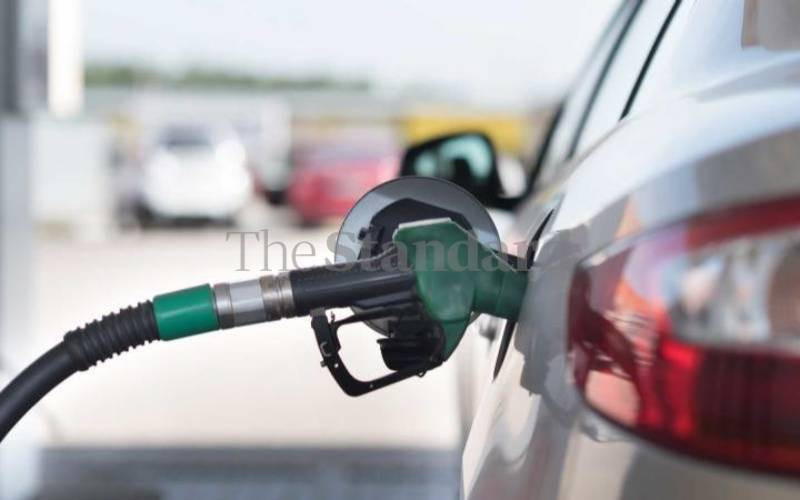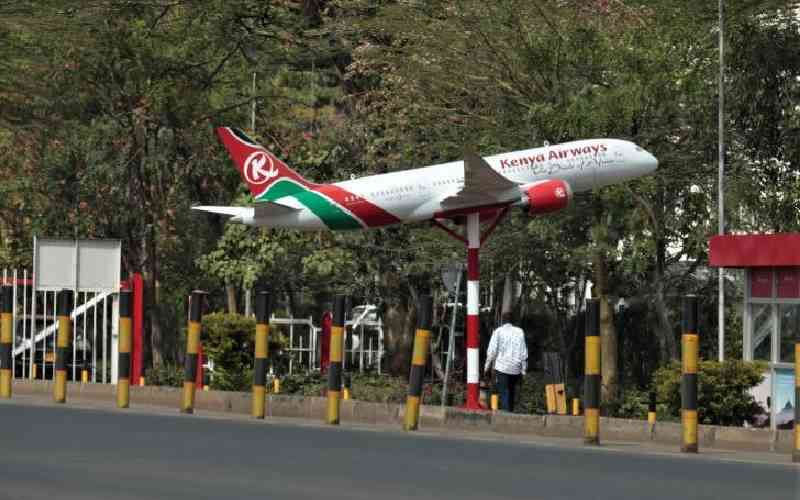×
The Standard e-Paper
Join Thousands Daily
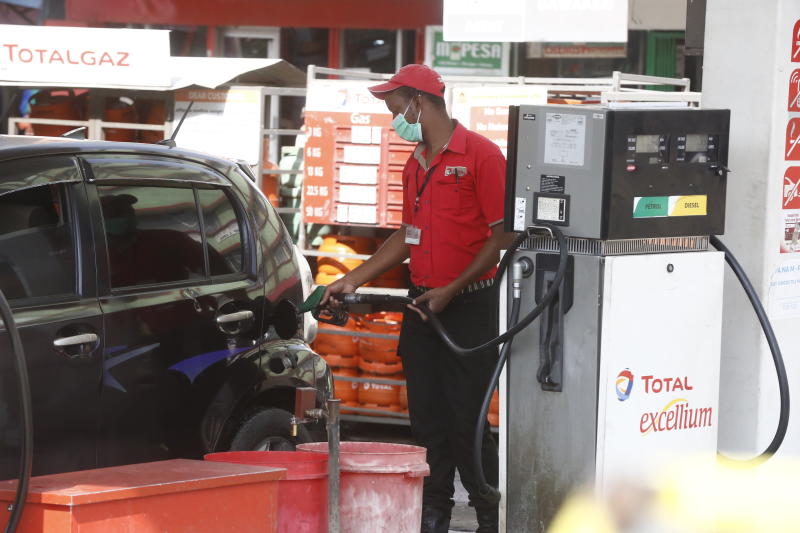
A petrol station attendant at Total Petrol Station in Nakuru fuels a car on July 15, 2020. [Kipsang Joseph, Standard]
Super petrol to retail at Sh129.72 per litre in Nairobi, while diesel down to Sh110 per litre, thanks to price stabilisation programme.

